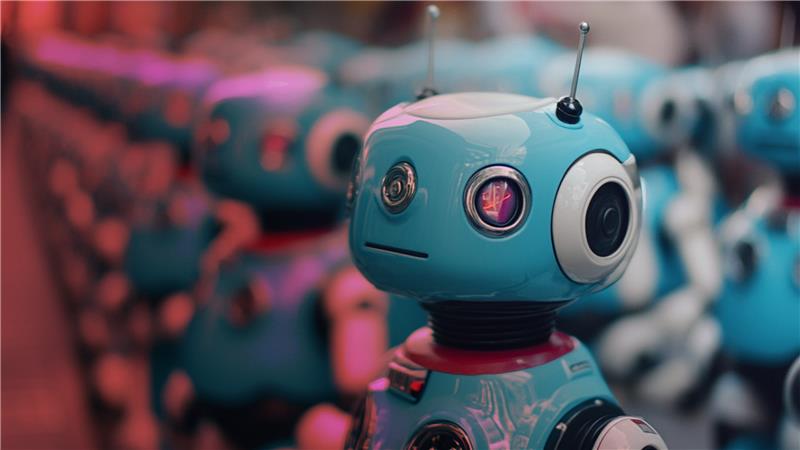
CloudFlare’s estimations in 2025, says nearly a third of total internet traffic is generated by bots. OpenAI CEO spoke up recently about the rise of inauthenticity online, bringing new energy to the Dead Internet Theory, citing that what we see online isn’t created by humans at all.
The internet is packed now with content, with billions of interactions daily but under the Dead Internet Theory, much of that could be produced by machines or AI software. That would mean human users could be outnumbered on their preferred platforms for news, community, and communication.
And that has real-world impacts, especially in an era where online content influences what people think so intensely.
The Rise of AI Bots and the ‘Dead Internet’ Theory
The theory is that a lot of internet activity is done by bots. The AI conspiracy theory began online around 2021, and it’s going mainstream fast because the internet appears less real. Some believe it’s manipulation; some believe it’s all about engagement rates and ad revenue.
Even prior to the rise of sophisticated models like ChatGPT and LLM, bot traffic was concentrated. Bots these days do not merely crawl websites, bots today imitate people. AI software can now speak the way humans write, create faces that do not exist, and have real-sounding conversations.
“AI Twitter/AI Reddit feels very fake in a way it really didn’t a year or two ago,” Altman described this progress himself.
He also admitted that so much of what he sees in comments is probably fakes, even if they are ones offering support of his company’s own brands. This unease is symptomatic of something greater: mistrust of what we see on the internet.
Adding to that, much of the automated traffic is also harvesting data to train AI models, further fueling the cycle. The bots aren’t just participating; they’re watching, collecting, and learning from how real users interact.
AI’s Role in a Less Human Internet
Technology from companies like OpenAI is making this more advanced. Now that OpenAI agents can go onto websites and perform human-like operations, the web is becoming more robotic by design. The rise of AI agent access means that now it’s possible for bots to have conversations, share content, and even influence trends.
Altman has also warned that AI has “entirely outsmarted” most traditional online authentication methods. It is yet another contribution to the erosion of the digital systems we have implemented to render the internet secure from fake users to increasing scams.
At the same time, Altman’s separate venture offers a controversial fix: biometric ID using eye scans to prove you’re human. He’s already talked about deals with Reddit, a platform he’s publicly called out for having suspicious levels of bot activity.
So, what if the Dead Internet Theory proves true or at least partially true? Cybersecurity company Cheq estimated 12% of X users are bots in a study. In 2019, Facebook deleted 3 billion fake accounts.
if bots don’t own the internet, they are spreading their power at an alarming rate.
The Dead Internet Theory idea speaks to true terror: not being certain whether what we see or read on the internet is that person. As the technology behind AI continues to improve, and bots become smarter and more numerous, it’s likely we’ll see even more machine-generated material influencing our lives on the web.
The bots aren’t going anywhere. Useful or evil, they’re here to stay as part of the internet’s future. The question is whether technology leaders will step in to protect real human voices or just develop the tech that drives us deeper into a less human web.
Inside Telecom provides you with an extensive list of content covering all aspects of the tech industry. Keep an eye on our Intelligent Tech sections to stay informed and up-to-date with our daily articles.